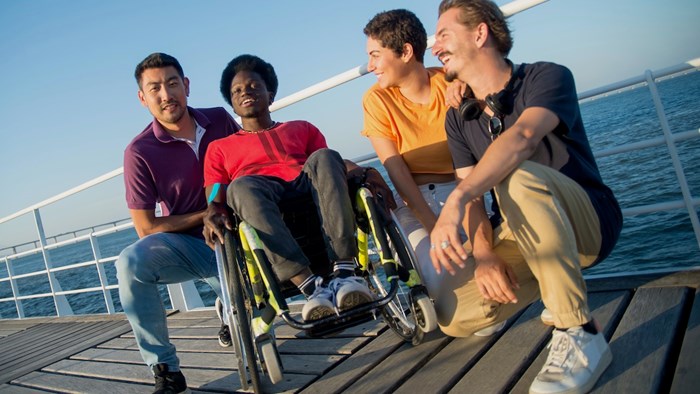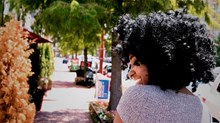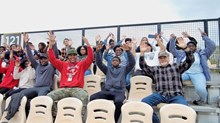Identifying—and Challenging—Our Biases

As a therapist, one of the great privileges I had in my career was teaching a foundational course for graduate students in counseling. It was an introduction to the profession, with opportunities for reflection on why my students wanted to become therapists and what internal obstacles might trip them up.
One of my favorite lessons each semester was the evening we spent considering our biases. Therapists are called to be aware of our personal biases and avoid imposing them on clients. This requires individuals to examine themselves. Many of my students had never intentionally, publicly, or honestly gone through this process.
The exercise was always the same. I would ask my students to think through different people groups and observe their gut reactions. The goal was to consider which groups they may have trouble working with based on their personal values or experiences. Then, we would share.
Each semester, there were always a few who initially believed they were without bias. They claimed to “value all people equally”, “see no color”, and “have friends of all backgrounds.” Usually, one or two students would offer “safe” answers like, “I don’t like criminals” to avoid giving a potentially offensive answer. But at least one student would quietly offer something like, “I sometimes feel nervous around a Black person if I don’t know them.” I could tell that these students felt ashamed, but also that they felt permission to speak honestly.
Often, other students opened up about their biases against people from different cultures, abilities, classes, political parties, or religions. My students didn’t confess these beliefs with confidence. They whispered the words, their voices heavy with the awareness that they didn’t want to feel or think this way. But they did—and so do we.
We cannot live in a world so historically threaded with systemic racism, gender inequality, and political dichotomy without being affected. Bias is not innate. Instead, it comes through the powerful messages of media, culture, and our communities. Although some of this influence may be positive, society is far from perfect. Messages about power, privilege, and inequality are unavoidable. We must be willing to consider which ones we’ve absorbed, consciously or unconsciously.
This process of identifying and challenging our biases is hard work. It means we have to be honest with ourselves. It means recognizing the ways we think about others that are unfair or wrong, even if we don’t act on them. It means facing the hard truth that some of the things we’ve learned from the people or country we love need to change so we can love others better.
As our world becomes more interconnected, I often think back to those years of teaching. I watched with awe as student after student bravely began to acknowledge their personal influences, the biases they held as a result, and the freedom that came from beginning to challenge unwanted thoughts.
As a general rule, we can only do better when we know better. We only know better when we lean in, listen, reflect, and grow. Let’s be brave. Perhaps, if enough of us do the hard work of internal change, the outside world will change as well.
Anne Rulo is an author, speaker, and work-at-home Mama. For 15 years, she worked as a licensed professional counselor and marriage and family therapist. After leaving front-line counseling, Anne now freelances and is an author, speaker, and mental health consultant. She is the author of three devotional studies: Cultivating Joy, The God Blanket, and When Faith Does. Anne's favorite activities are walking, spending time in nature, and reading.
The Better Samaritan is a part of CT's
Blog Forum. Support the work of CT.
Subscribe and get one year free.
The views of the blogger do not necessarily reflect those of Christianity Today.





















